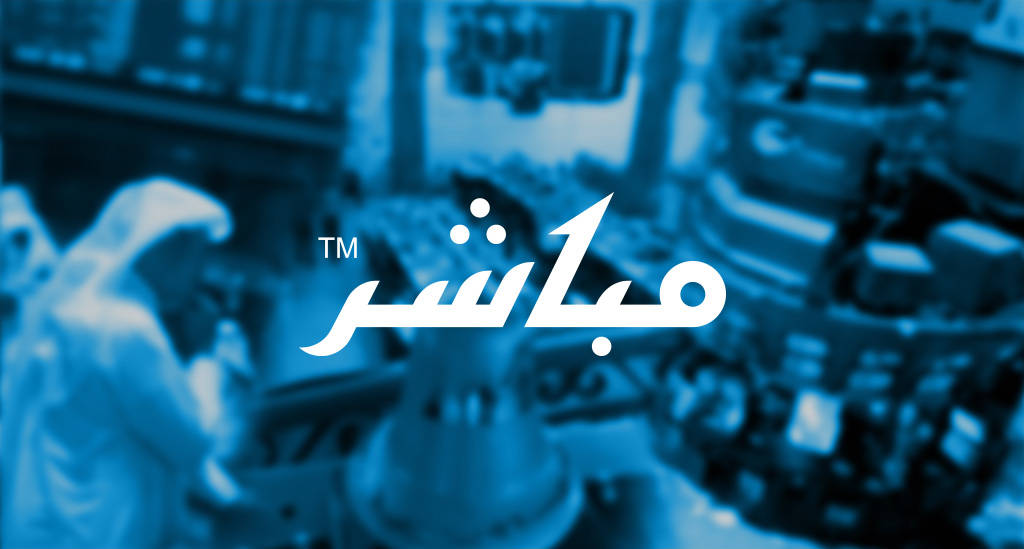Palestinian Bid for UN Membership: Reactions, Implications, and Regional Tensions
The recent US veto against Palestinian UN membership has sparked debate, critique, and a re-evaluation of US-Palestinian relations amid escalating tensions.
Published April 22, 2024 - 00:04am

Image recovered from debate.com.mx
Mexico has expressed its disappointment over the United States vetoing Algeria's petition to admit Palestine into the United Nations (UN), a decision affecting efforts to achieve peace in the region. The Mexican Secretariat of Foreign Affairs has reaffirmed its support for Palestine's aspiration during this critical time of prolonged stagnation in the peace process.
The proposal to admit Palestine to the UN garnered 12 votes in favor from countries including Japan, South Korea, France, and Ecuador. Nevertheless, two abstentions by Switzerland and England, along with the US veto, have left the Palestinian state's status in limbo within the international community. This tension escalates as Israel and Iran exchange attacks, with the Israeli embassy in Damascus suffering an incident resulting in seven Iranian fatalities.
Israel's subsequent attacks have severely damaged Palestinian infrastructure, notably in the Gaza Strip, exacerbating the already dire conditions experienced by millions. According to the EFE news agency, Israeli actions have led to a significant number of Palestinian casualties.
The Palestinian leadership perceives the latest US military aid to Israel as a green light for continued aggression against Palestinians. Washington's support draws criticism from several quarters, triggering the Palestinian Authority, led by President Mahmoud Abbas, to reconsider its bilateral relations with the United States.
Amidst the aftermath of the veto, Abbas has communicated his intention to develop a new strategy reaffirming Palestinian self-determination, independent of American influence. This is a period where the Middle East faces heightened uncertainty, with potential implications for the broader stability within the region.
The US House of Representatives recently passed a bill including military aid for Israel, which Palestinians argue further expands conflict potential. With the entire region on edge, the actions of pivotal states like the US are under intense scrutiny for their role in either fostering peace or exacerbating existing tensions.
Mexico's stance comes during a particularly turbulent time in Middle Eastern diplomacy, as nations around the world watch closely the developments between Israel and Palestine. The UN Security Council's proceedings were closely monitored given their potential to significantly influence the conflict's dynamics. Mexico's expression of disappointment with the US veto echoes a sentiment held by many international actors who support a two-state solution.
Observers note that the US's decision is in line with its longstanding policy of support for Israel. However, critics suggest that the use of veto power in this instance serves to undermine the UN's authority and the multilateral process aimed at resolving the Israeli-Palestinian conflict. The decision could also have broader implications for US relationships with Arab and Muslim-majority countries that support Palestinian statehood.
The impasse at the UN comes at a time when the international community has been advocating for revival of peace negotiations. The European Union and various UN bodies have repeatedly called for new peace initiatives to break the standstill that has characterized the Israeli-Palestinian conflict over the past decade.
Humanitarian organizations, meanwhile, highlight the worsening humanitarian crisis in Palestinian territories, particularly in Gaza, where infrastructure has been heavily compromised. The blockade of Gaza, coupled with periodic military operations, has led to a prolonged humanitarian emergency with widespread poverty and food insecurity.
In response to the situation, several nations and non-governmental organizations have stepped up to provide aid to the Palestinians, attempting to alleviate the humanitarian impact of the conflict. These efforts, while critical, do not address the political root causes of the strife and are therefore viewed by many as temporary measures.
The implications of the US veto extend to the deeply complicated web of regional politics in the Middle East, involving other key players such as Saudi Arabia and Turkey. These nations, while maintaining their own national interests, also have a vested interest in the outcome of the Israeli-Palestinian conflict and have historically advocated for Palestinian statehood to varying degrees.
The UN's role in ensuring international peace and security is thus being questioned, as unilateral actions by member states continue to challenge the organization's ability to facilitate conflict resolution. The latest developments have sparked debate over the need for reform within the UN system, particularly concerning the veto power held by the five permanent members of the Security Council.
The Mexican government's public disappointment perhaps signals a growing frustration among countries that strive for a rules-based international order, where global cooperation is prioritized over unilateral actions. As the stalemate persists, the call for a renewed commitment from the global community to address the Israeli-Palestinian conflict is louder than ever—a testament to the belief that durable peace can only be achieved through collective effort and negotiation.







